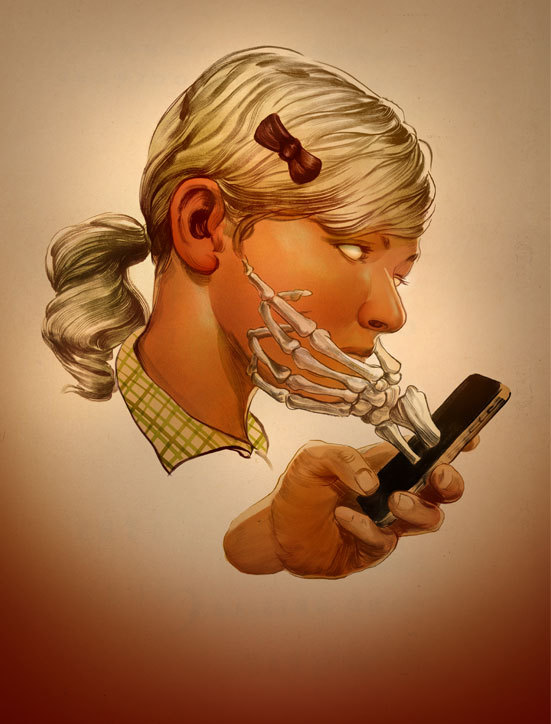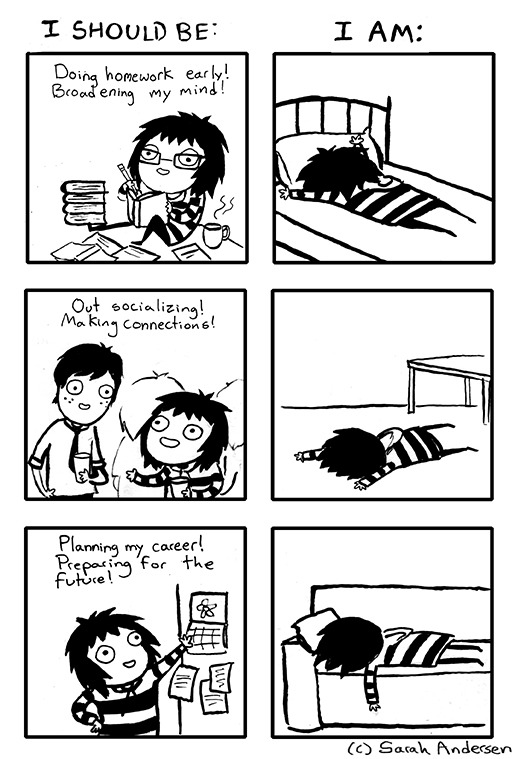The conclusion of the book provides advice on avoiding blunders.
…make a realistic effort to slow our rush to judgment before all the relevant facts are in. If we could grow more comfortable with the uncertainty around us, our daily blunders would not be as great. All kinds of daily interactions would be altered if we suspended our insufficiently informed conclusions over why others act the way they do.



